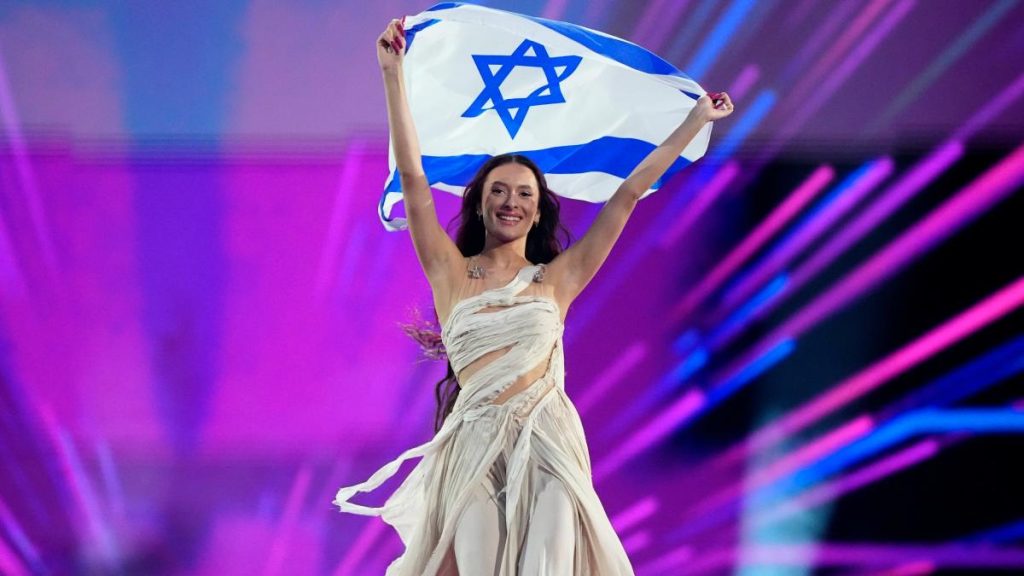The Eurovision Song Contest 2024 was won by Switzerland, with Germany coming in twelfth place. However, the event was marred by antisemitic incidents, with the Israeli singer being booed and heckled. WELT author John Adrian Ericson described the situation as very tense. The Antisemitism Commissioner Felix Klein condemned the protests at the ESC, stating that holding Israelis collectively responsible for the actions of their government is a common antisemitic pattern. Josef Schuster, President of the Central Council of Jews in Germany, criticized the German ESC moderator for his handling of the situation.
Demonstrations took place in Malmö, Sweden against Israel’s participation in the Eurovision Song Contest, despite the ongoing Gaza conflict. The country reacted to Palestinian terrorist attacks in Israel in October by launching a war. The police arrested activists, including climate activist Greta Thunberg, at the site of the ESC. Felix Klein expressed disappointment at Thunberg’s participation in the protests, noting that she, like the other protesters, was targeting the wrong issue. Josef Schuster also condemned the events surrounding the ESC, highlighting the challenges faced by the Israeli artist who had to stay in her hotel and perform under police protection.
Schuster criticized the decision to hold the event in Malmö, citing the city’s prevalence of antisemitism. He also expressed concerns about Greta Thunberg’s involvement in the protests, suggesting that she was being used to promote an anti-Israel and possibly antisemitic agenda. The Central Council President also criticized the ARD moderator for drawing parallels between Israel and Russia during the broadcast. Despite the controversies, he found it positive that Israel received full points from Germany, emphasizing the importance of the music and performance aspects of such events.
During the ESC event, the Israeli singer was booed and jeered, prompting some audience members to leave in protest during her performance. Despite this, the artist, Golan, managed to secure fifth place with her song “Hurricane” thanks to strong audience voting. Schuster praised this as a great achievement and emphasized the importance of focusing on the music and performances rather than political controversies. Overall, the ESC was marred by antisemitism and tensions, highlighting the challenges faced by Israeli artists in navigating such international events.


